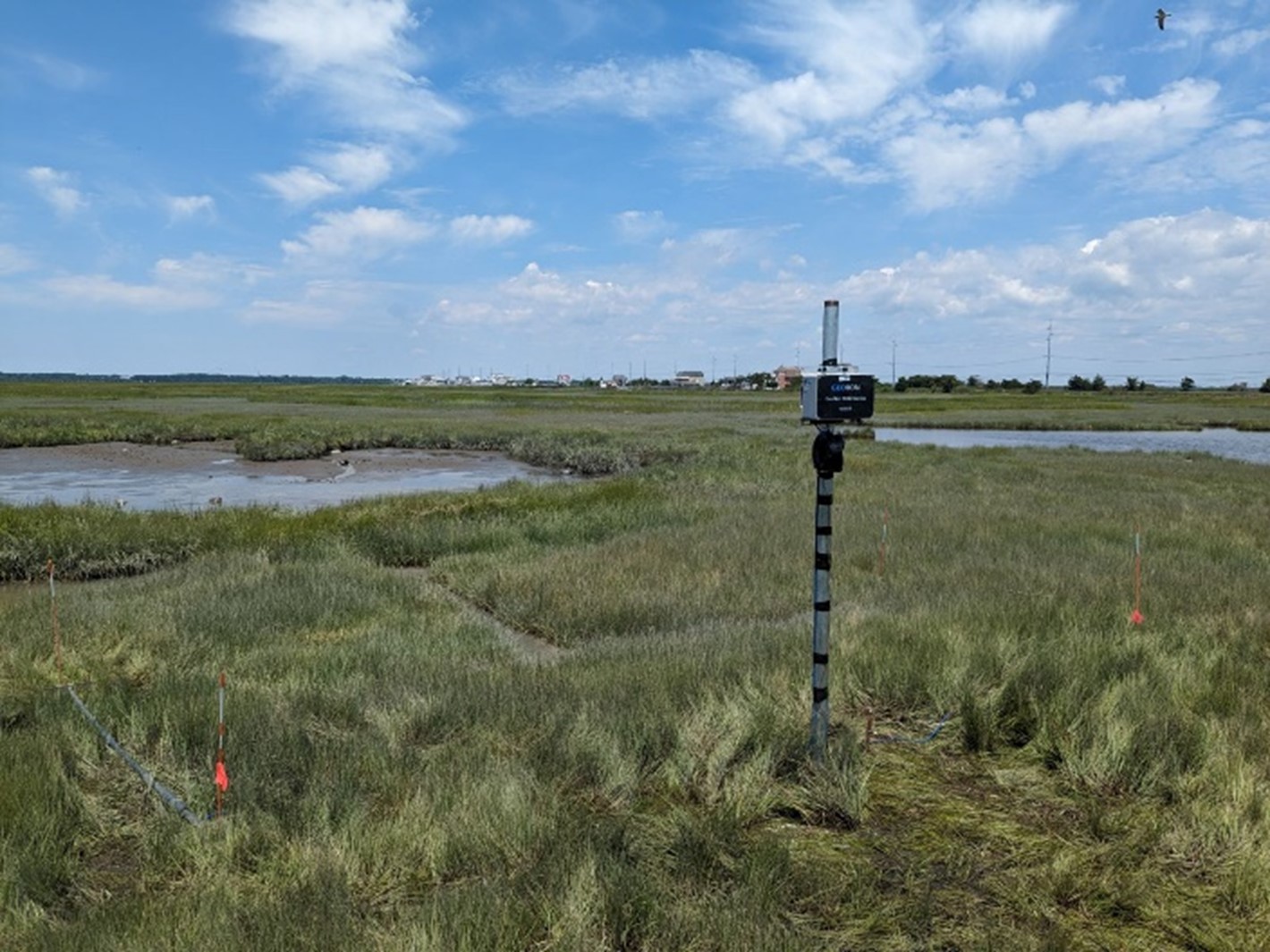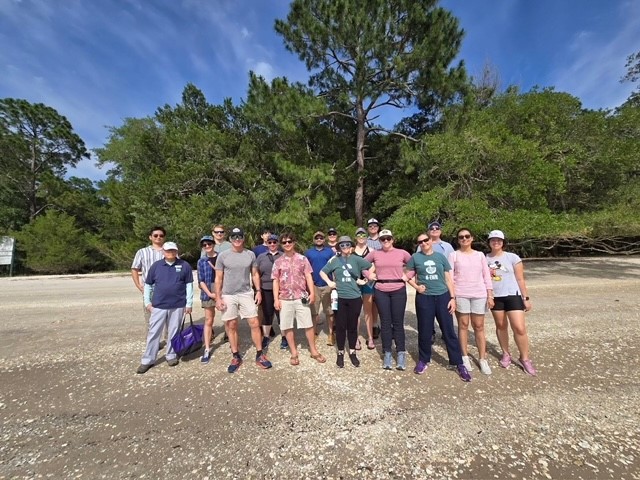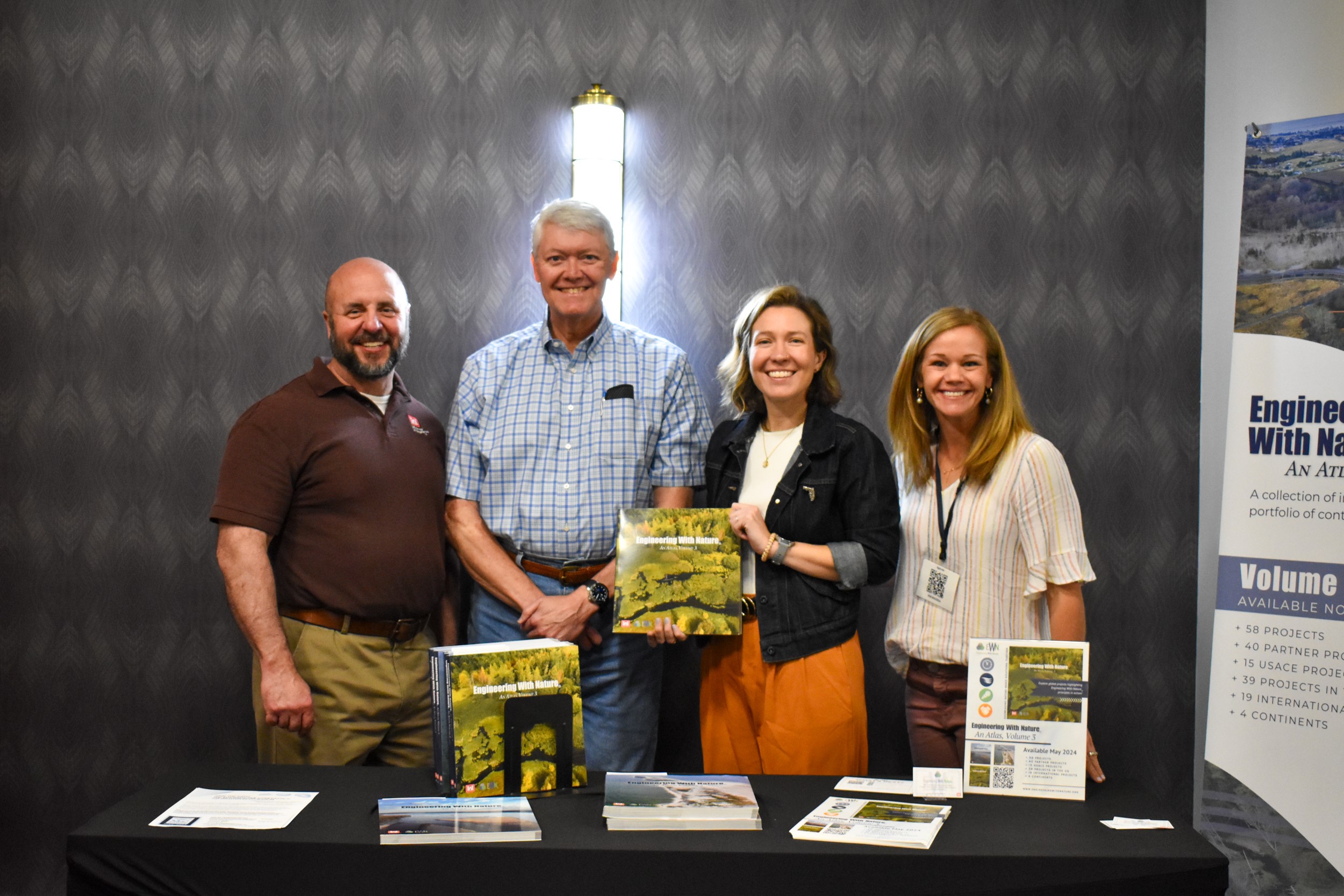On Wednesday, February 23, the Senate Committee on Environment and Public Works held a field hearing in Bethany Beach, DE on coastal and riverbank resiliency in parallel with the introduction of the Shoreline Health Oversight, Restoration, Resilience, and Enhancement Act (SHORRE Act).
Chairman Carper noted the recently introduced SHORRE Act, which he hopes will be incorporated as part of WRDA 2022, provides an opportunity to address climate change threats to coastal/riverine areas, communities, and businesses. Overall, the tone was very supportive of the Corps, but Chairman Carper and REP Blunt Rochester critiqued the Corps’ limited consideration of climate change in project formulation (as opposed to more holistic solutions).

The science is clear. We must make our infrastructure both more resilient and more nature-based to withstand our changing climate.
Chairman Carper (D-DE)
The questions for MG Graham and BG Kelly focused on how the Corps incorporates climate change and sea level rise into project formulation, and how the Corps can better formulate projects that allow for greater resiliency and sustainability. Recurring themes included working better with all communities (equity and environmental justice) and a greater use of non-structural features for increased resiliency. Both MG Graham and BG Kelly noted the Corps’ North Atlantic and South Atlantic Coastal Studies provided information which allows the agency to understand impacts of climate change more holistically.
The North Atlantic Coast Comprehensive Study emphasized a need to transition, where possible, from traditional structural measures, gray infrastructure, to nonstructural, natural, and nature-based systems, green infrastructure. Further, given projected sea level and climate change trends that were mentioned earlier, the report concluded that further investments and development in science and engineering to include research and development is critical to ensure that the Corps continue to provide sound storm risk-reduction solutions.
Major General William “Butch” Graham, Deputy Commanding General for Civil and Emergency Operations, U.S. Army Corps of Engineers
MG Graham highlighted the broader application of the Principles, Requirements, and Guidelines (PR&G) in recent years to consider other types of benefits in project formulation. BG Kelly noted recent successes with maximizing existing authorities to deliver projects more efficiently and effectively.
The second panel, composed primarily of state and local elected officials, highlighted changing coastal and riverine conditions in their localities due to climate change, sea level rise, and severe storms. Other discussion points included a critique of the limitations of benefit cost ratios (BCRs) and the potential benefits of combining ecosystem restoration with protection projects.
We are, in the Corps of Engineers, consistently updating, innovating, and improving our engineering processes, our key modeling, and the research and development that underpins all of that engineering.
Major General William “Butch” Graham, Deputy Commanding General for Civil and Emergency Operations, U.S. Army Corps of Engineers




